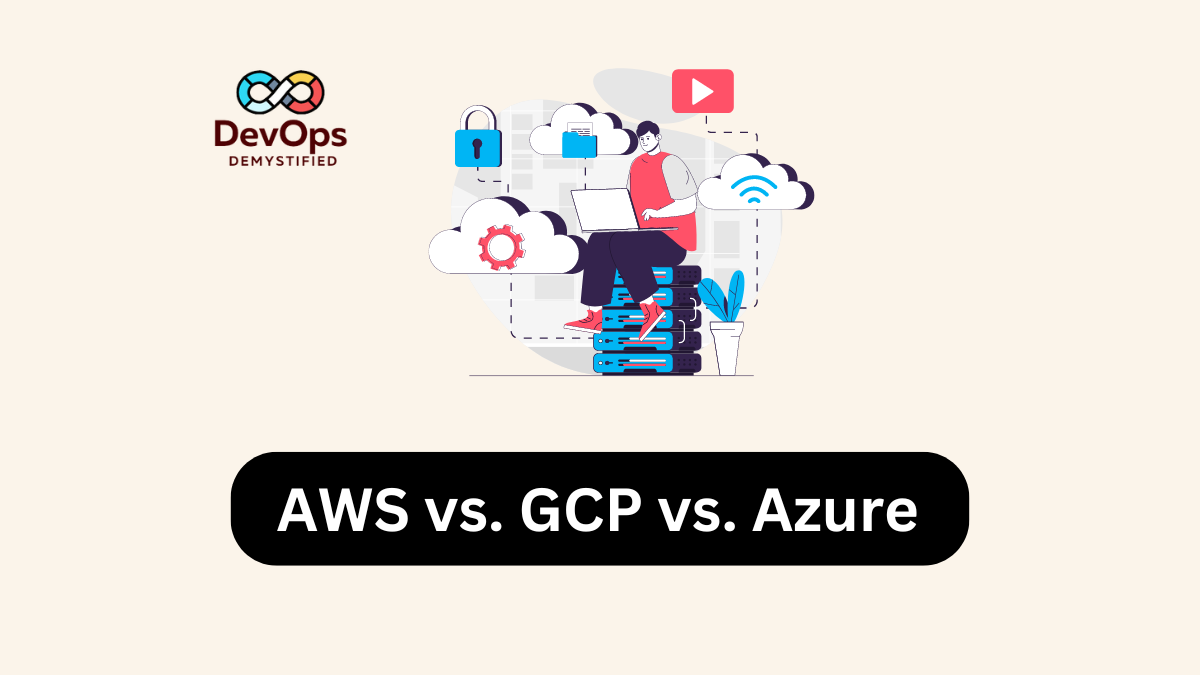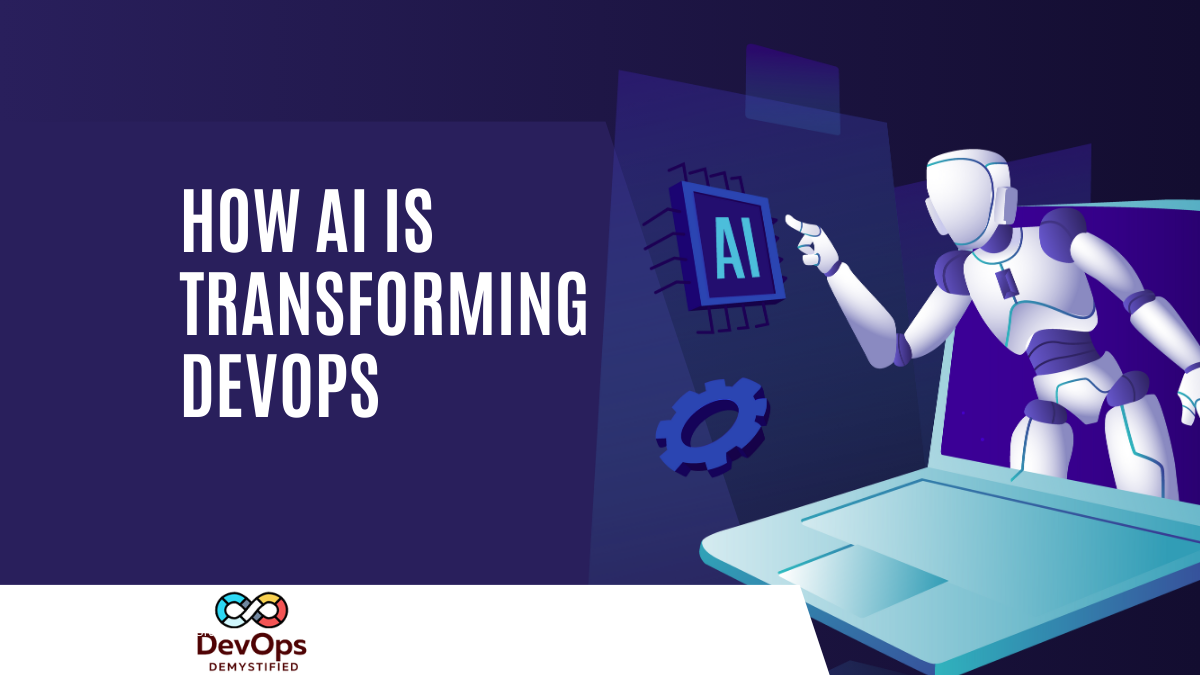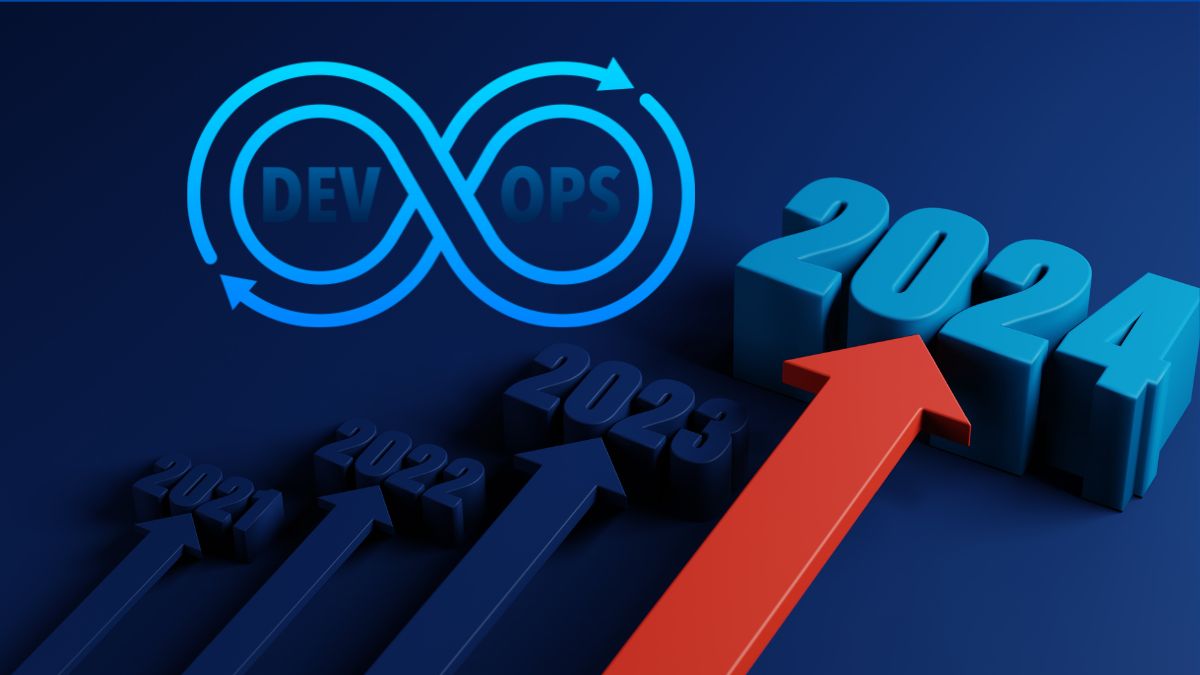In today’s digital landscape, choosing the right cloud service provider (CSP) is crucial for businesses looking to scale efficiently and securely. The three major players in this space—Amazon Web Services (AWS), Google Cloud Platform (GCP), and Microsoft Azure—offer a range of services, pricing models, and features. This article provides an in-depth comparison to help you make an informed decision.
1. Overview of Each Platform
Amazon Web Services (AWS)
Launched in 2006, AWS is the market leader in cloud services, offering over 200 fully-featured services. It caters to various industries and provides solutions for computing, storage, machine learning, and more. AWS’s robust global infrastructure includes numerous data centers around the world.
Google Cloud Platform (GCP)
GCP is known for its data analytics and machine learning capabilities. With a strong emphasis on innovation, GCP leverages Google’s cutting-edge technologies, including BigQuery for data analysis and TensorFlow for machine learning. GCP is an excellent choice for organizations focusing on big data and AI.
Microsoft Azure
Microsoft Azure, launched in 2010, seamlessly integrates with other Microsoft services and products, making it a popular choice for businesses already using Microsoft software. Azure offers a wide range of services, including virtual machines, app services, and Kubernetes.
2. Pricing Models
AWS Pricing
AWS operates on a pay-as-you-go model, with pricing based on the resources consumed. This flexibility allows businesses to scale quickly, but it can lead to unexpected costs if not monitored closely. AWS also offers reserved instances for significant savings on long-term usage.
GCP Pricing
GCP offers competitive pricing and unique billing options like sustained use discounts, which automatically reduce costs for instances that run for a significant portion of the month. This makes GCP particularly appealing for workloads that require continuous operation.
Azure Pricing
Azure’s pricing structure is similar to AWS’s, with a pay-as-you-go model and various reserved instance options. Azure also provides hybrid benefits for businesses using Windows Server licenses, allowing them to reduce costs when migrating to the cloud.
3. Service Offerings
Compute Services
- AWS: EC2, Lambda, ECS, EKS
- GCP: Compute Engine, Cloud Functions, GKE
- Azure: Virtual Machines, Azure Functions, AKS
Storage Services
- AWS: S3, EBS, Glacier
- GCP: Cloud Storage, Persistent Disk, Nearline
- Azure: Blob Storage, Disk Storage, Archive Storage
Machine Learning and AI
- AWS: SageMaker, Rekognition, Comprehend
- GCP: AI Platform, AutoML, BigQuery ML
- Azure: Azure Machine Learning, Cognitive Services
4. Performance and Reliability
AWS Performance
AWS is known for its high performance and reliability, with a global network of data centers that ensure low latency and redundancy. AWS also boasts a strong service-level agreement (SLA) commitment.
GCP Performance
GCP benefits from Google’s extensive infrastructure and backbone network, providing excellent performance and speed. Its load balancing and data analytics services are particularly noteworthy.
Azure Performance
Azure offers strong performance, especially for businesses using Microsoft applications. Its integration with on-premises solutions enhances reliability and ensures seamless operation across environments.
5. Security and Compliance
AWS Security
AWS employs a shared responsibility model, where AWS manages the security of the cloud, and customers manage security in the cloud. AWS provides a variety of compliance certifications and security features, including IAM, encryption, and network security tools.
GCP Security
GCP is committed to high security standards and offers features such as data encryption, identity and access management, and robust logging capabilities. GCP also maintains numerous compliance certifications.
Azure Security
Azure offers extensive security features, including Azure Security Center, which provides security management and threat protection. Its compliance offerings are also strong, making it suitable for industries with strict regulatory requirements.
6. Conclusion: Which One Should You Choose?
Choosing between AWS, GCP, and Azure ultimately depends on your specific needs and existing infrastructure.
- Choose AWS if you require a wide range of services and global reach, especially for large-scale applications.
- Opt for GCP if your focus is on big data, machine learning, and data analytics, or if you prefer a competitive pricing model.
- Select Azure if your organization relies heavily on Microsoft products or requires hybrid cloud solutions.
No matter which platform you choose, ensure that it aligns with your business goals and technical requirements. By evaluating each provider’s strengths and weaknesses, you can make a strategic decision that sets your organization up for success in the cloud.




